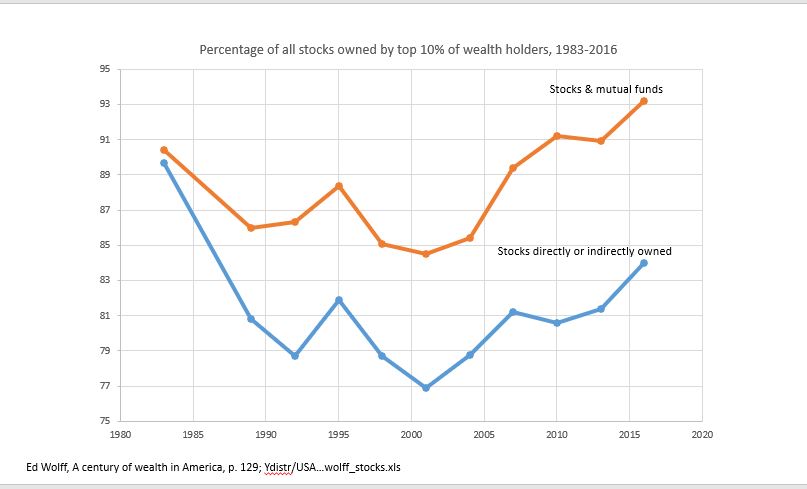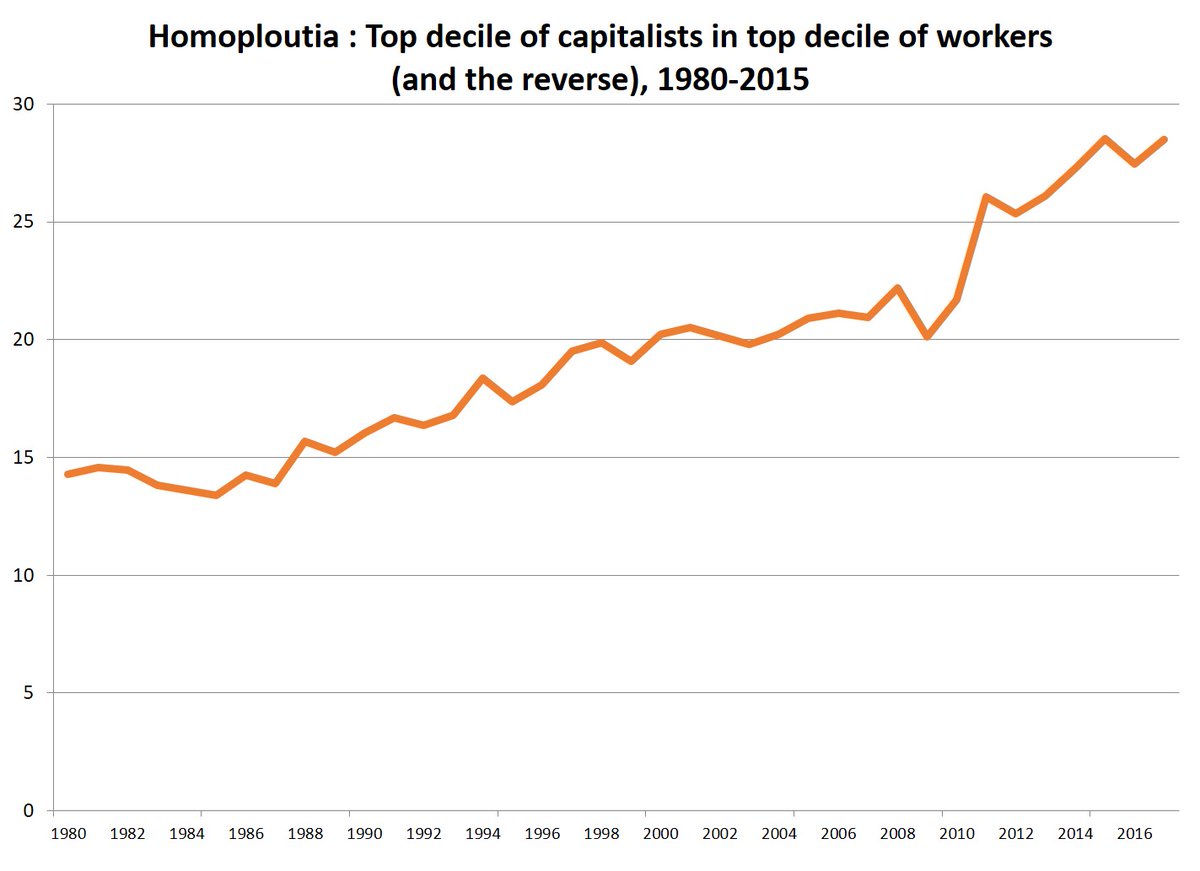
A very long thread (in Serbian) on an excellent book on 1968 student demonstrations in Yugoslavia.
amazon.com/Jugoslavija-sv…
amazon.com/Jugoslavija-sv…
Upravo sam zavrsio knjigu hrvatskog istoricara Hrvoja Klasica, “Jugoslavija i svijet 1968”. Najveci deo knjige tretira studentske demonstracije 1968. Klasic daje veoma precizan hronoski pregled demonstracija, njihovo politicko znacenje, efekat na SKJ u razlicitim republikama.
Drugi deo knjige posvecen je medju-republickim (medju-nacionalnim) odnosima u toku tih godina, i poziciji YU I Tita u svetu.
Knjiga je odlicna.
Nekoliko kljucnih stvari u pogledu demonstracija.
Knjiga je odlicna.
Nekoliko kljucnih stvari u pogledu demonstracija.
1. One su trajale veoma krako: 1 sedmica. Za razliku od demonstracija u Francuskoj, Z. Nemackoj I Poljskoj bilo je mnogo manje nasilja. U stvari doslo je do samo jedne konfrontacije policije i studenata (cuveni novobeogradski podvoznjak).
2. Demonstracije su bile najjace u Beogradu, slabije u Zagrebu i takoreci nepostojece u Ljubljani i Sarajevu.
3. U Beogradu su dovele do rascepa ne samo unutar SKS, vec unutar elite. Veliki broj politickih I kulturnih institucija i pojedinaca (cuvena beogradska osmorica profesora) su podrzali studente i aktivno ucestvovali u protestima.
Delovi SKS su ih takodje podrzali (ali ne I tzv “liberali”, Latinka I Nikezic). Stambolic i Draza Markovic su bili za upotrebu policije I slamanje demonstracija.
4. U Zagrebu nije doslo do rascepa elite i SKH, iako se unutar SKH profilisala jaka nacionalisticka struja (Djodan, Veselica, delimicno Savka i Tripalo) koja ce kasnije predvoditi MASPOK.
5. U Ljubljani nije bilo takoreci nikakvih neslaganja. Studente, koji su veoma mlako protestvovali, umirio je Dolanc sa pretnjom da ukoliko ne prestanu “njima ce vladati srpski tenkovi”.
6. Prema Klasicu bila su dva osnovna zahteva studenata: smanjenje socijalnih i ekonomskih razlika (“dole crvena burzoazija”) i demokratizacija I profesionalizacija unutar jednostranackog sistema (uklj. zamena nekvalifikovanih ili korumpiranih kadrova).
7. Prema Klasicu, zahrevi nisu isli protiv privredne reforme, niti su bili levicarski (“Maocetungovski”).
8. SKJ je, naravno, optuzio studente da su sve i svasta: anarhisti, liberali, unitaristi, rankovicevci, djilasovci, CIA itd. Tito je rekao da su se “okupili svi od Kralja do Mao Ce Tunga”. Nista od toga prema Klasicu nije tacno ako se citaju brojne proklamacije studenata.
9. Ima neobicno puno stvari koje Klasic obradjuje i o kojima se moze puno (beskonacno?) diskutovati. Veoma interesantan, mozda kljucni period.
10. Moje misljenje u pogledu zahteva studenata jeste da su oni (nenamerno) identifikovali osnovnu aporiju socijalizma. Ako je trzisna privreda (i privatna svojina) efikasnija, ali i stvara vecu nejednakost,
...onda svaki pomak ka trzistu otvara problem odstupanja od osnovnih socijalistickih vrednosti. Nagradjivanje prema radu, koje su studeni trazili, bilo je nekompatibilno sa vecim trzisnim slobodama.
11. Ako stavise stavimo cinjenicu da trziste produbljuje nejednakost u kontekst Jugoslavije i velikh razlika u razvijenosti izmedju republika, reforma je objektivno povecavala nejednakot izmedju (a) pojedinaca i (b) republika.
12. Zato ja mislim da su zahtevi studenata bili najblaze receno nekonsistentni, ili moguce konzervativni (u smislu povratka na ortodoksni komunizam) iako naravno studenti sami to nisu tako mislili.
@threadreaderapp unroll
• • •
Missing some Tweet in this thread? You can try to
force a refresh








